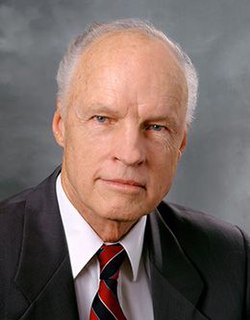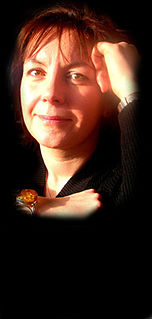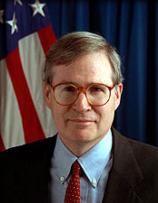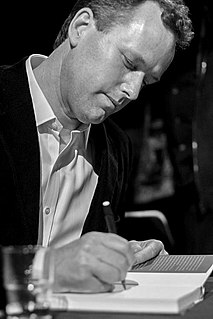A Quote by Elif Batuman
The dominant question for us with regard to literature has become, 'What does this have to do with me, with life as I know it?' That's the question answered by all these books about how Proust was actually a neuroscientist or how Proust can teach you emotional intelligence.
Related Quotes
One measures oncoming old age by its deepening of Proust, and its deepening by Proust. How to read a novel? Lovingly, if it shows itself capable of accomodating one's love; and jealously, because it can become the image of one's limitations in time and space, and yet can give the Proustian blessing of more life.
How about Proust's In Search of Lost Time?" Tamaru asked. "If you've never read it this would be a good opportunity to read the whole thing." "Have you read it?" "No, I haven't been in jail, or had to hide out for a long time. Someone once said unless you have those kinds of opportunities, you can't read the whole of Proust.
Because everybody who has ever lost their way in life has felt the nagging insistence of that question. At some point we all look up and realize we are lost in a maze, and I dont want us to forget Alaska, and I don't want to forget that even when the material we study seems boring, we're trying to und3erstand how people answered that question and the question each of you posed in your papers--how different traditions have come to terms with what Chip, in his final, called 'people's rotten lots in life.
Proust is interested in minutiae because life, as he sees it, is seldom ever about things but about our impression of things, not about facts but about the interpretation of facts, not about one particular feeling but about a confluence of conflicting feelings. Everything is elusive in Proust because nothing is ever certain.
But in the end, science does not provide the answers most of us require. Its story of our origins and of our end is, to say the least, unsatisfactory. To the question, "How did it all begin?", science answers, "Probably by an accident." To the question, "How will it all end?", science answers, "Probably by an accident." And to many people, the accidental life is not worth living. Moreover, the science-god has no answer to the question, "Why are we here?" and, to the question, "What moral instructions do you give us?", the science-god maintains silence.
So many writers come to class with one question dominant in their mind, 'How do I make a living from this?' It's a fair enough question and one I always try to answer well- but it saddens me that it so often overshadows the more relevant questions of 'why am I writing' and 'what am I saying' and 'how do I keep it honest.
You know, I really feel a responsibility to the music, and I teach workshops in music sometimes. And folks do come to me and they go, 'How do I make this blues song my own? How do I feel like I'm not an impostor doing this?' And I'm like, 'That's an excellent question.' That's where you should start, where you go, 'How does this speak to me?'
No one from the intelligence community, anyplace else ever came in and said, ‘What if Saddam is doing all this deception because he actually got rid of the WMD and he doesn't want the Iranians to know?' Now somebody should have asked that question. I should have asked that question. Nobody did. Turns out that was the most important question in terms of the intelligence failure that never got asked.
How does God teach me love? By putting me around unlovely people. How does God teach me joy in the middle of grief? Not happiness, which is based on happenings. How does God teach me peace? Not when I am out fishing and everything is going my way and it doesn't get better than this. But in the middle of chaos. How does God teach me patience? By putting me in His waiting room.
Ace of Spades says that this became clear to him in a revelation one night. He was watching Chris Matthews interview [Barack] Obama, and he didn't get one question! He didn't ask Obama one question about how Obamacare works. Every question was one degree or another: How do you feel about [John] Boehner opposing it? How do you feel about it? What will make you happy? Do you think you can get it? [It] was irrelevant!


































